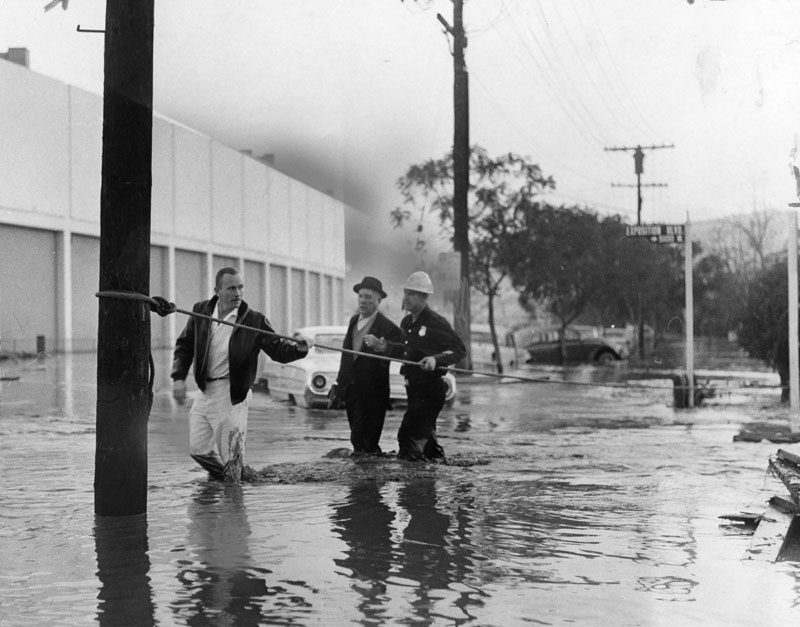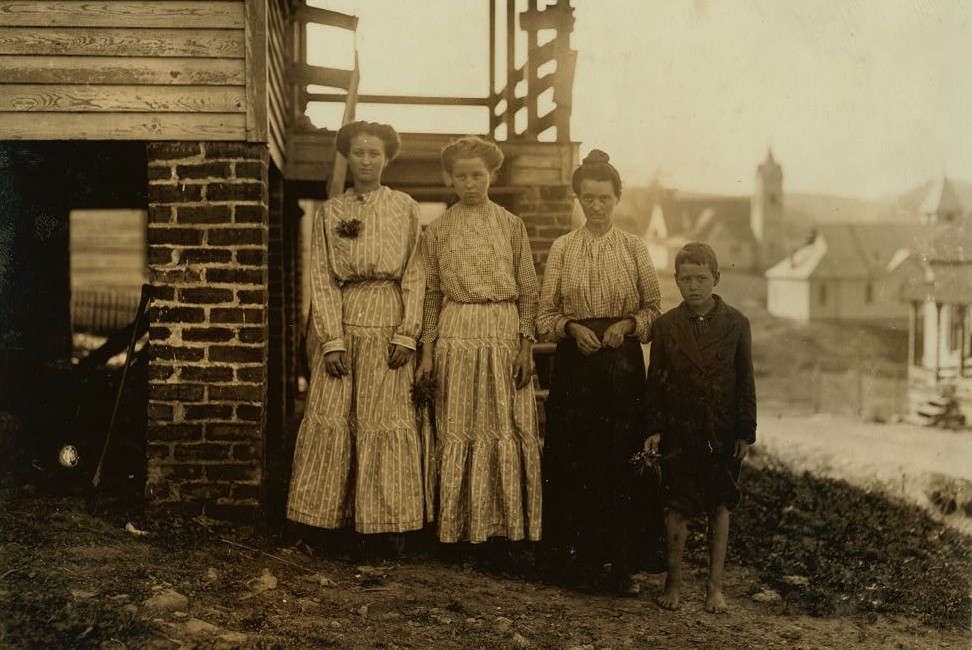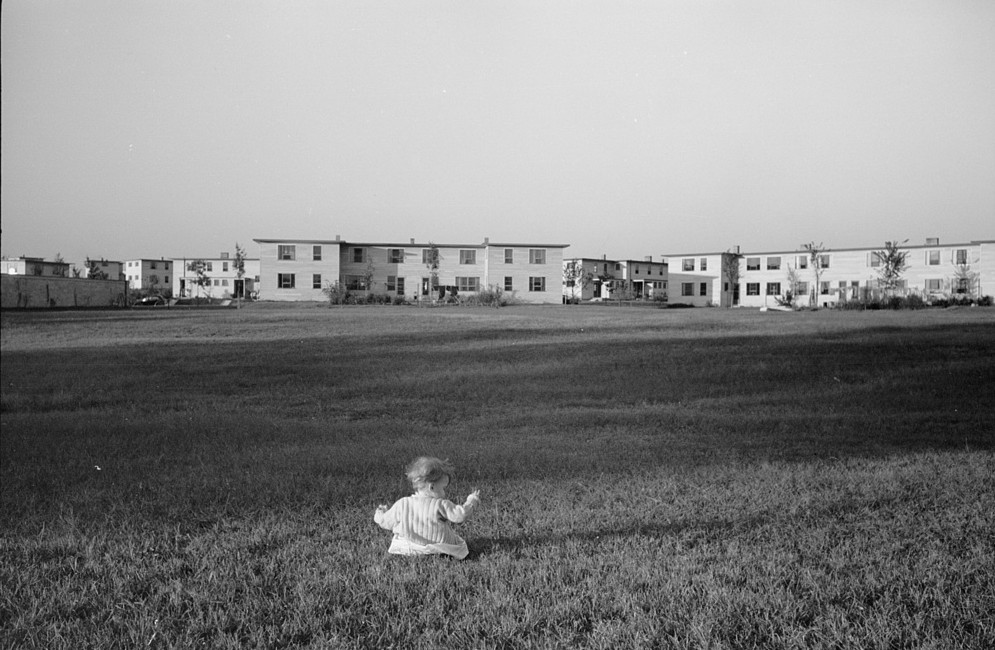The Utah War (1857–1858), also known as the Utah Expedition, Utah Campaign, Buchanan’s Blunder, the Mormon War, or the Mormon Rebellion was an armed confrontation between Mormon settlers in the Utah Territory and the armed forces of the US government. The confrontation lasted from May 1857 to July 1858. There were some casualties, most of which were non-Mormon civilians. The war had no notable military battles. (Wikipedia)
Lt. Col Cooke led an expedition against the Mormons in the Utah Territory. The expedition’s purpose was to escort Gov. Cumming and install and support him in his new position with military force if necessary. This brief narrative is from his journal.
The Utah War of 1857-1858
(Transcribed from Moulton Democrat, Moulton, Alabama, Feb. 19, 1858, Photograph of Lt. Col. Cooke public domain)
A more dreary narrative of hardships in snow storms, than that of Lt. Col. Cooke, of his march from Fort Leavenworth to the Black Rock, has not been printed since the retreat of Napoleon from Moscow. The Colonel details his hardships from the time of leaving of Fort Leavenworth, on the 17th of September, under very discouraging circumstances. We quote a few specimens of his journal:
Nov. 10. – The northeast wind continued fiercely, enveloping us in a cloud, which froze and fell all day. Few could have faced that wind. The herders left us to bring up the rear, with extra but nearly all broken down mules, but could not force them from the dead bushes of the little valley, and they remained there all day and all night, bringing on the next day the fourth part that had not frozen.
Thirteen miles were marched, and the camp was made four miles from the top of the Pass. A wagon that day cut partly through the ice of a branch, and there froze so fast that eight mules could not move it empty.
Nearly all the tent pins were broken in the last camp, a few of iron were substituted. Nine troop of horses were freezing and dying on the road that day, and a number of teamsters and soldiers had been frost bitten. It was a desperately cold night; the thermometers were were broken, but by comparison must have marked 25 degrees below zero. A bottle of sherry wine froze in a trunk. Having lost about 50 mules in thirty-six hours, the morning of the 11th, on the report of the Quarter-master, I felt bound to leave a wagon in the bushes, filled with seventy-four extra saddles and bridles, and some sabres. Two other wagons, at the last movement, he was obliged to leave, but empty. Sharp’s carbines were then issued to mounted as well as dismounted. Men.
The following is the concluding portion of the report:
Nov. 11 – Marched, leading thro’ the mud and snow, as yesterday, 14 miles, passing the camp of the 10th infantry. I encamped several miles above them, on Black’s Fork, and about three miles below Ft. Bridger. From there I reported in person, yesterday, and one of my companies joined the army headquarters, Camp Scott.
I have 144 horses and have lost 134. Most of the loss has occurred much this side of South Pass, in comparatively moderate weather. It has been of starvation. The earth has a no more lifeless, treeless, grassless desert; it contains scarcely a wolf to glut itself on the hundreds of dead and frozen animals, which for thirty miles nearly block the road with abandoned and shattered property.
They mark, perhaps, beyond example in history, the steps of an advancing army with the horrors of a disastrous retreat.




